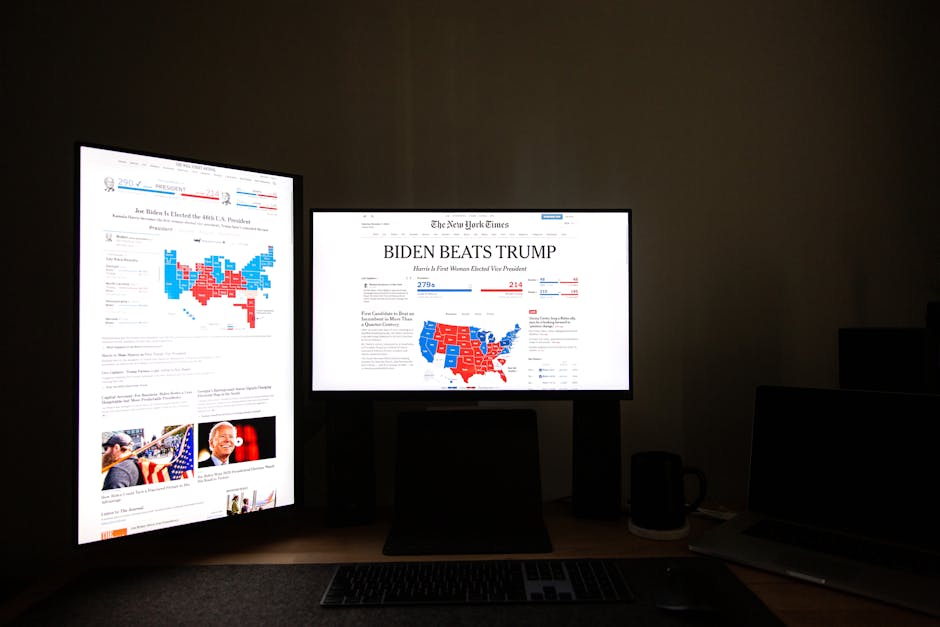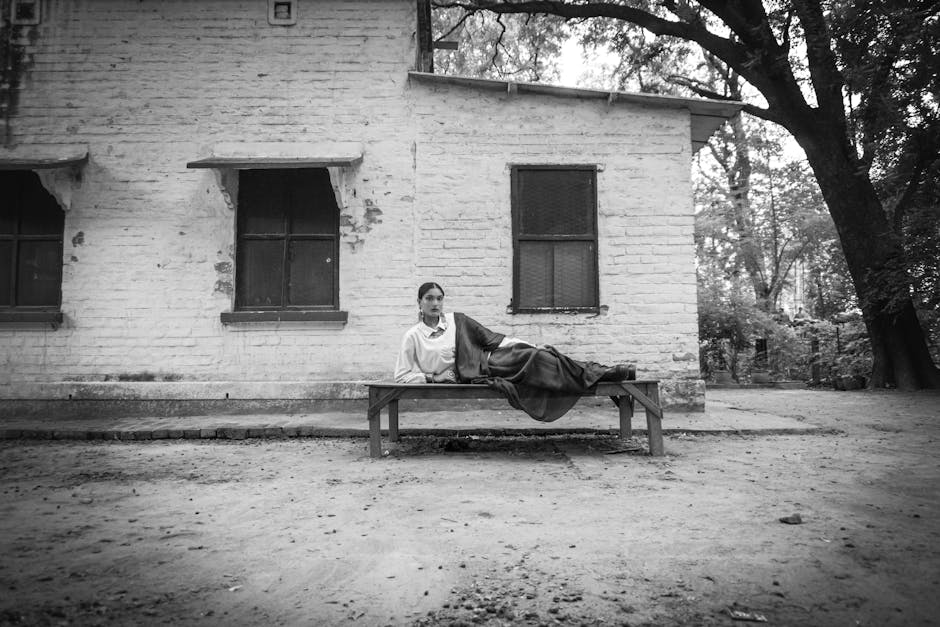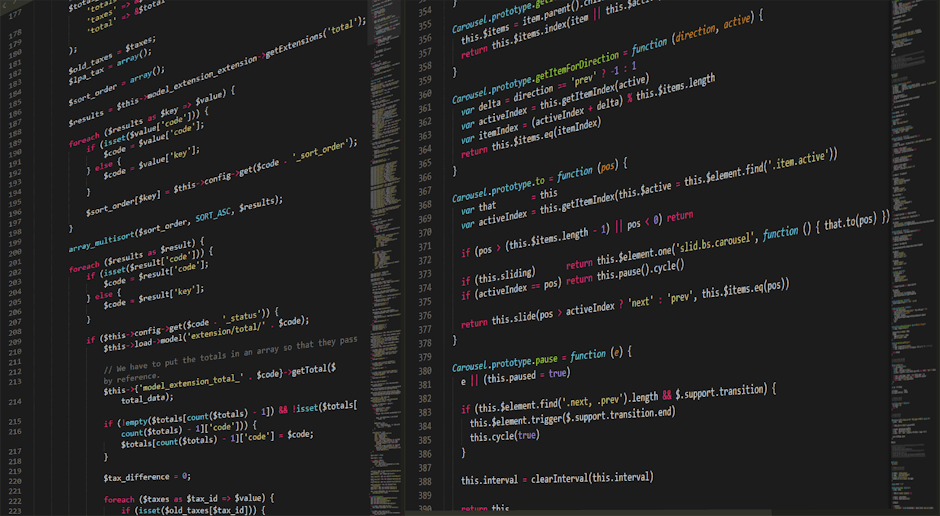
Man, 2025 is here, and folks are still buzzing about pardons. You know, like, what’s a president even do with that power? It’s not just some old-timey thing where a king just says “poof, you’re free.” Nah, it’s way more complicated, and honestly, a lot more interesting when you dig into it. Especially with President Biden, because his approach? It’s got people talking, big time. Some are cheering, others are kinda scratching their heads, and a few are just plain mad. But no matter what, when the White House talks about clemency, it’s a big deal. It always has been, and in 2025, it still feels like the air gets thick with expectation and debate whenever the topic comes up.
Back when I was in high school, we learned about the president’s power to pardon, but it always felt like something from a history book, you know? Like, Lincoln did it, Washington did it. But then you see it happening in real time, and it hits different. It’s not just history; it’s happening right now, affecting real people’s lives. And in 2025, with everything else going on, from the economy to global stuff, the pardons Biden issues, or doesn’t issue, they really tell you something about what he cares about, what his administration thinks is important.
Biden’s Pardon Power: What’s the Big Deal, Anyway?
So, what exactly is a presidential pardon? Basically, it’s a way for the president to forgive someone for a federal crime. It’s written right there in the Constitution, Article II, Section 2, Clause 1. Pretty old-school power, actually. It can wipe out a conviction, give someone their rights back, even end a sentence early. Think about it: a person convicted of something, maybe they served their time, but that conviction just hangs over them. Makes it hard to get a job, vote, sometimes even find a place to live. A pardon? It can really clear the slate. It’s not saying the person didn’t do what they were accused of, not necessarily. It’s more like, “Okay, the government is letting this go now.” It’s a powerful tool, no doubt.
But it’s not just a rubber stamp. There’s a whole process, usually. The Justice Department, they’ve got an Office of the Pardon Attorney. People apply there, and they look into the cases. It’s not just a whim, or at least it shouldn’t be. A president can grant a pardon, commute a sentence (which means shortening it without forgiving the conviction itself), or even issue a reprieve (a delay). What’s interesting is how each president uses this power differently. Some go big with it, others barely touch it. And Biden? He’s sort of carved out his own path, especially in certain areas.
Looking Back to Look Forward: Biden’s Clemency So Far
Before we talk 2025 specifically, let’s just quickly remember what Biden’s done on this front already. He’s been pretty clear about certain things, like cannabis-related offenses. Early on, he moved to pardon thousands of people convicted of simple federal possession of marijuana. That was a pretty big deal. He said it was about fixing something that had messed up a lot of lives, disproportionately affecting minority communities. He even urged governors to do the same for state-level offenses.
This wasn’t some random, out-of-the-blue move. It fit with a broader conversation happening across the country about criminal justice reform. For years, people have been talking about how our prisons are full, how non-violent drug offenses shouldn’t lead to such harsh, long-lasting consequences. So, when Biden stepped in, it felt like a direct response to that. It wasn’t about letting dangerous people out; it was about trying to right some wrongs from what many see as an outdated, tough-on-crime approach. And frankly, it also felt like a nod to the changing public opinion on marijuana itself. Many states have legalized it, so why keep punishing people for something that’s now legal in many places? It just seemed… off.
The Shifting Sands of Justice: What 2025 Might Bring
So, here we are in 2025. What’s the vibe on Biden pardons now? Well, the cannabis thing, that’s still got legs. People are always wondering if he’s gonna go even further. Some are pushing for descheduling marijuana entirely, which is a whole other ballgame, but presidential pardons could still play a role for people with more serious cannabis convictions, not just simple possession. I mean, if the country keeps moving towards legalization, it just makes sense, doesn’t it?
But it’s not just weed. There’s talk, always, about broader criminal justice reform. The justice system, it’s a beast, you know? And there are so many people serving long sentences for things that, looking back, maybe seem a bit harsh or where the punishment just doesn’t fit the crime anymore. Biden’s administration, they’ve definitely talked about addressing systemic issues. So, could we see pardons for other non-violent offenses? Maybe. It’s a tightrope walk for any president because you don’t want to look soft on crime, but you also want to show compassion and fairness. It’s a tricky balance.
Think about it this way: what if someone was convicted years ago under laws that have since changed? Or what if new evidence comes out, but it’s not enough to overturn a conviction, but it raises serious doubts? A pardon could be a way to address that. It’s not a full-blown exoneration, but it’s something. And I believe there’s always a place for that kind of flexibility in the system. Otherwise, things just get too rigid, too unfeeling.
One thing that might influence future pardons is the political temperature. 2024 was a big year, and now in 2025, the dust is settling, but the political battles never really end. If the administration wants to make a statement about justice or show a certain kind of leadership, a high-profile pardon or a set of pardons could do that. Conversely, if things are super tense politically, they might be more cautious. It’s like playing chess sometimes.
The Human Side: Why Pardons Matter Beyond the Law Books
Okay, but why should any of us really care about presidential pardons? It’s not just about some legal technicality. It’s about people. Real people. A pardon can mean someone who couldn’t vote before can now vote. Someone who couldn’t get a decent job because of a criminal record, suddenly they have a shot. It means a chance at a normal life, a fresh start. And who doesn’t deserve a shot at that, especially if they’ve paid their debt to society?
Imagine being someone who made a mistake, maybe a big one, years ago. You did your time. You turned your life around. You’re a good citizen, got a family, working hard. But that old conviction just follows you around like a shadow. It limits you. It stops you from fully participating in society. A pardon can lift that shadow. It sounds almost poetic, doesn’t it? But for the person living it, it’s just real.
And then there’s the bigger picture, too. When a president issues pardons, especially for specific types of offenses, it signals something about the country’s values. It says, “Hey, maybe we got this wrong,” or “We’re moving in a new direction.” It can open up discussions about what justice really means, about fairness, about redemption. It’s basically a public statement about what kind of society we want to be. And sometimes, those statements are the most powerful things a leader can do.
The Other Side of the Coin: Not Everyone’s Cheering
Now, not everyone’s thrilled about pardons, especially when they’re sweeping or seem to lean a certain way. Some folks argue that pardons undermine the rule of law. They say, “Hey, if someone broke the law, they should face the consequences, plain and simple.” They worry it sets a bad precedent or that it could be used for political favors, though that’s generally a different kind of pardon.
There are concerns about public safety too. If someone was convicted of a serious crime, even years ago, some people worry that a pardon could put the public at risk. That’s why the vetting process, when it’s done right, is so important. It’s about weighing the individual’s journey and reform against any lingering risks or the severity of the original crime. It’s not a simple equation.
And then you have the argument about accountability. People want to see justice served. If a pardon feels like it’s letting someone off too easy, or ignoring the harm they caused, then it can really spark outrage. It’s a tough balance for any president, trying to navigate these different viewpoints. Every pardon is scrutinized, often heavily.
What’s the Outlook for Biden Pardons in 2025?
So, going into the rest of 2025, what should we expect? My guess is we’ll continue to see a focus on what Biden’s administration views as injustices from past policies, particularly in areas like drug offenses. Maybe even some attention to people who were convicted during certain political eras, if their cases meet a high standard of unfairness or reform.
Will there be a huge, broad wave of pardons? Probably not, unless something drastically shifts politically or in public opinion. Presidents usually act somewhat cautiously with this power. But targeted actions? Yeah, I think that’s definitely on the table. It fits the pattern we’ve seen. It’s about reform, not revolution, in this specific area. And it also leaves room for the political strategy of making moves that align with public sentiment on criminal justice reform without alienating too many people. The administration will be, I imagine, walking that line carefully.
It’s an interesting part of presidential power, this clemency thing. It’s about grace, sure, but it’s also about policy, politics, and pushing the country towards what a president thinks is a more just future. In 2025, that discussion is as alive as ever.
Frequently Asked Questions About Biden Pardons
1. What exactly is the difference between a pardon and a commutation?
Okay, so a pardon is like a total forgiveness for a federal crime. It pretty much erases the conviction, at least in the eyes of the law, and restores rights like voting or holding office. It’s like saying, “You’re forgiven for that.” A commutation, though, is different. It only reduces or ends a sentence, but the conviction itself still stands. So, if someone was in prison, a commutation gets them out, but their criminal record doesn’t get wiped clean.
2. Can President Biden pardon someone for a state crime?
Nope, he totally can’t. Presidential pardons only apply to federal crimes. If someone committed a crime that broke a state law, only the governor of that state can pardon them, or grant them clemency in some other way. It’s a pretty clear line between federal and state powers there.
3. How does someone even apply for a presidential pardon?
Well, it’s not like you just send a tweet. There’s a formal process. People usually apply through the Office of the Pardon Attorney within the Department of Justice. They fill out a bunch of paperwork, provide details about their case, their conduct since the conviction, and basically try to make a case for why they deserve clemency. It’s a pretty detailed review process.
4. Does a pardon mean the person was innocent?
Not necessarily. This is a common misunderstanding. While a pardon can be granted to someone who was later found to be innocent (and sometimes they are), most pardons are given to people who were indeed guilty but have served their time, shown remorse, or demonstrated significant rehabilitation. It’s more about mercy or correcting a perceived injustice than saying, “Oops, our bad, you never did it.”
5. Why do presidents grant pardons anyway? What’s the point?
There are a bunch of reasons. Sometimes it’s about correcting historical injustices, like the blanket pardons for draft dodgers after certain wars. Other times, it’s about showing compassion for individuals who have truly turned their lives around. It can be about promoting criminal justice reform, like Biden’s cannabis pardons. And yeah, sometimes, historically, they’ve been controversial, even political. But at its core, it’s a constitutional power meant to provide a measure of grace or to temper the rigid application of the law. It’s a check on the justice system, in a way.






